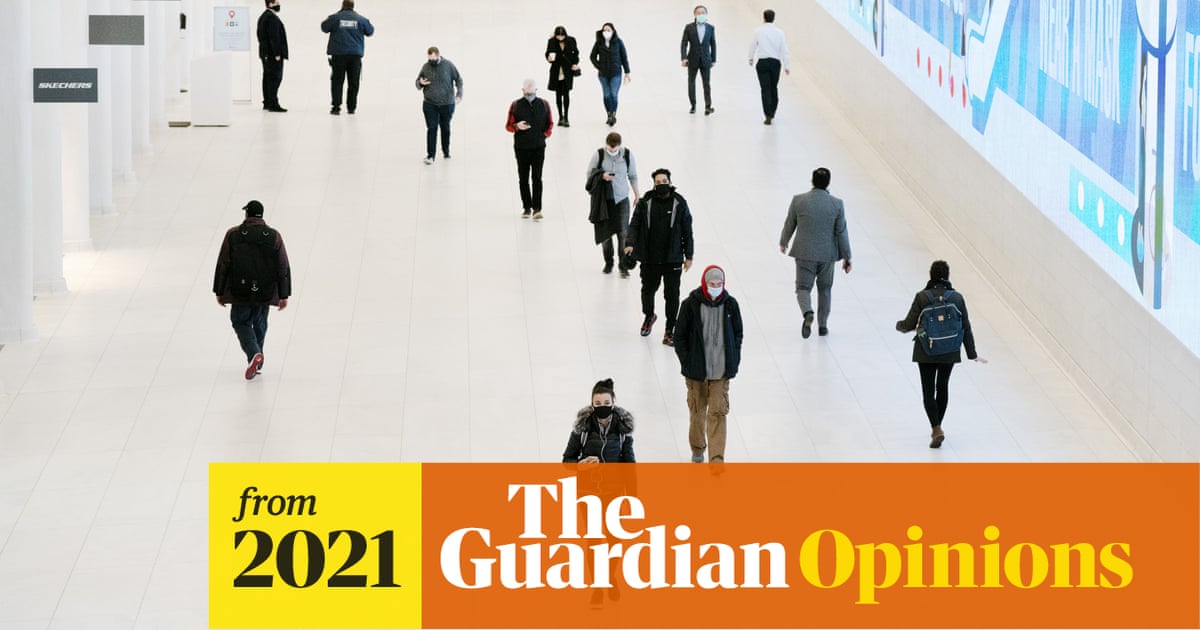brad465
Established Member
Here's a report highlighting how in much of the Western World covid lockdowns have caused a baby bust:

 www.bbc.co.uk
www.bbc.co.uk
The report suggests the decline is worse than that caused by the 2008 recession and comparable to the Great Depression, with no rebound currently forecast. In some parts of the developing world the inverse is happening due to difficulty accessing contraceptives and other services that have caused more births, but can't tell if they offset each other.
As someone who believes human population has grown at an unsustainable rate, this is in theory good news if a genuine reduction overall is received and retained for a while. However, the problem we have is the world economy is effectively a pyramid scheme that must keep growing, therefore needing more people constantly to prop it up (both in terms of growth in wealth and supporting those in retirement), or else it will crash. While I'm not against immigration, the way it's been used to prop up this infinite growth system is not right and is causing a brain drain in the developing world, keeping them in poverty and in turn keeping their birth rates higher.
We don't need to control immigration and/or have legal child number limits, what we need to overhaul the world economic system to focus on sustainability, which in turn takes away the demand for more of the former two so they happen less in a natural way. However, convincing world governments to change the system is far easier said than done, but the supposed recovery from covid could well be hampered by population changes in several ways.

Covid: From boom to bust - why lockdown hasn't led to more babies
Research shows that the US and parts of Europe are facing slumps in birth rates.
For those who thought that lockdown would leave couples with little else to do than procreate, there was a surprise - not a baby boom but a baby bust. Research shows that the US is facing the biggest slump in births in a century and in parts of Europe the decline is even steeper.
When Frederike moved in with her parents to care for an elderly relative at the beginning of the pandemic she thought of it as a gift, a chance to spend time with her family.
But a few months in, the 33-year-old from Germany started to feel a deep sense of loss.
Frederike is single and realised that the pandemic was robbing her of the chance to meet someone and start a family.
"Time feels really precious at the moment and my life has been put on hold," she says.
She tried online dating but going on walks in winter in sub-zero temperatures doesn't encourage romance.
Now, when she's feeling low the same thought swirls obsessively inside her head: "When this is over I'm going to be infertile.
"I'm sitting indoors in the years when I can have a child."
For those who study population the baby bust was not a revelation.
"Having seen how bad the pandemic was I'm not surprised," says Philip N Cohen, professor of sociology at the University of Maryland. "But it is still just shocking to see something like this happen in real time."
In June last year economists at the Brookings Institute in the United States estimated that US births would fall by 300,000 to half a million babies. At the same time a survey of fertility plans in Europe showed 50% of people in Germany and France who had planned to have a child in 2020 were going to postpone it. In Italy 37% said they had abandoned the idea altogether. A US Centers for Disease Control and Prevention (CDC) report indicates an 8% drop in births in the month of December.
The report suggests the decline is worse than that caused by the 2008 recession and comparable to the Great Depression, with no rebound currently forecast. In some parts of the developing world the inverse is happening due to difficulty accessing contraceptives and other services that have caused more births, but can't tell if they offset each other.
As someone who believes human population has grown at an unsustainable rate, this is in theory good news if a genuine reduction overall is received and retained for a while. However, the problem we have is the world economy is effectively a pyramid scheme that must keep growing, therefore needing more people constantly to prop it up (both in terms of growth in wealth and supporting those in retirement), or else it will crash. While I'm not against immigration, the way it's been used to prop up this infinite growth system is not right and is causing a brain drain in the developing world, keeping them in poverty and in turn keeping their birth rates higher.
We don't need to control immigration and/or have legal child number limits, what we need to overhaul the world economic system to focus on sustainability, which in turn takes away the demand for more of the former two so they happen less in a natural way. However, convincing world governments to change the system is far easier said than done, but the supposed recovery from covid could well be hampered by population changes in several ways.


